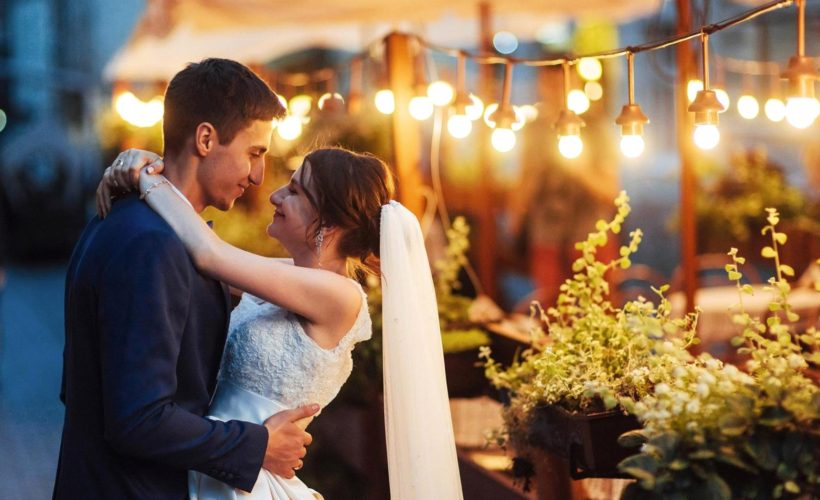Even royal weddings have their fair share of drama. Just ask Meghan Markle.
But what if that drama turns into something more serious, which forces you to cancel your big day altogether?
With the average cost of a wedding topping $33,000, according to weddings website The Knot, it may be a good idea protect that investment with some insurance — as long as you read the fine print.
First, there’s one important thing to remember: No insurance policy will cover a change of heart. So before taking the plunge, make sure the one is actually the right one for you.
Aside from that, experts say buying nuptial insurance can provide peace of mind in case things go wrong on your big day.
“It’s definitely a smart idea to find it in your budget,” Kristen Maxwell Cooper, editor-in-chief for The Knot, told CNBC’s “On the Money” in an interview.
“It costs between $200 and $550 depending on amount you want covered, which is a small price to pay for something that could go terribly wrong that day,” she added.
What Wedding Insurance Covers
There are two types of wedding insurance: Depending on your situation you may want to consider both, or just one.
“There are two primary products and they are very different,” said Steve Lauro, vice president of WedSafe, a division of Aon Insurance that sells special event policies.
The first is liability insurance, which is often required by nontraditional venues such as a vineyard, farm or museum. These policies protect you should a guest fall, or if there’s damage to the site during your event, Lauro said.
If you’re going the more traditional route by using a catering hall or resort, they should have their own liability insurance.
Event cancellation insurance is another type of policy, and it comes in handy when unforeseen issues force you to call the whole thing off.
“Severe weather, bankruptcy of venues, permits of venues being revoked last minute or a medical emergency for key members of the wedding party, would be covered,” said Lauro.
Yet some insurance industry experts warn against taking out these types of policies, arguing they’re full of loopholes and caveats that make it difficult to get paid.
Robert Hunter, director of insurance at the Consumer Federation of America, told CNBC that couples should have the policy in hand. He said buyers should ask themselves two key questions before plunking down money for coverage.
“Start with what you are afraid of, or what would you like to insure,” he said. “Then ask what are the policy limits and exclusions.”
When shopping around for an insurance carrier, Maxwell-Cooper suggested looking for a national provider who has a track record of offering this type of insurance.
Knowing when to buy your policy is equally important. “If there’s a named hurricane heading to Florida and your wedding on the Gulf is two days away, it’s too late to buy insurance,” said Lauro.
To avoid any issues, look for and purchase insurance as soon as you begin making deposits with venues and vendors.
Should something go wrong, forgoing wedding insurance may not leave you entirely on the hook. It’s possible other policies you already pay for may cover unforeseen events related to your wedding, though they’d be much smaller in scope.
For example, if wedding gifts are damaged or stolen from your parents’ house while on your honeymoon, a homeowner’s policy should cover it, Hunter said. The same goes for your car, or someone else’s, if it’s damaged while at your venue.
Source:CNBC






